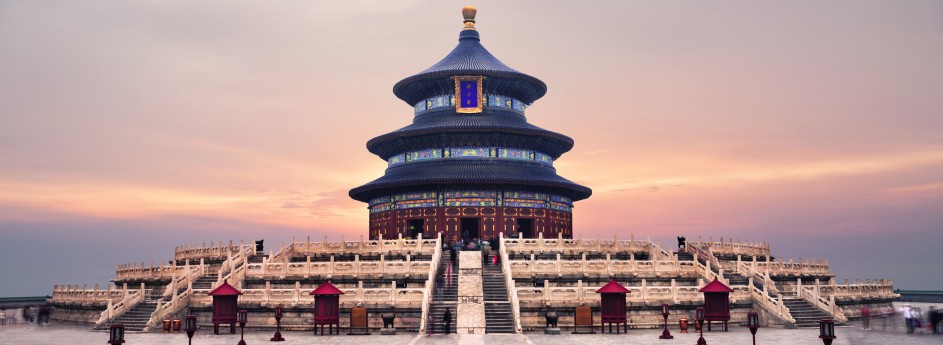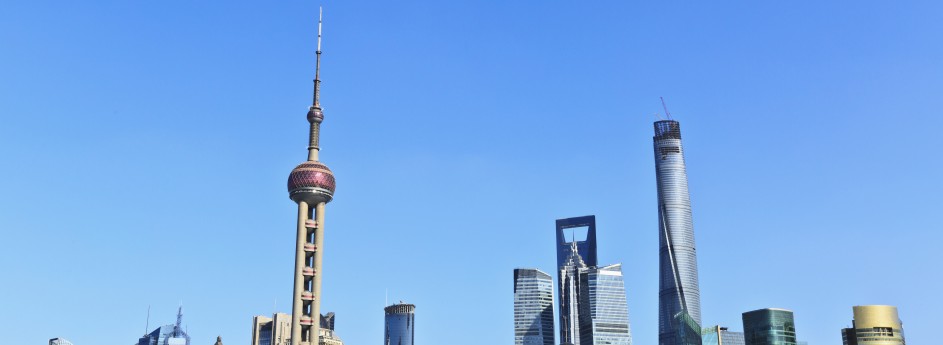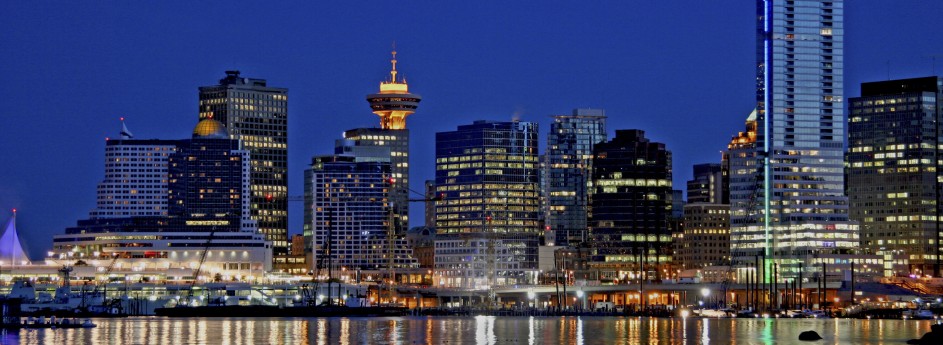China to Help Design an Infrastructure Plan for Afghanistan: Ghani
Further to the last post on China not free-riding on international responsibilities and providing assistance to Afghanistan:
Afghan President Ashraf Ghani Ahmadzai announced in Kabul Saturday that China will help the Afghan government frame a National Infrastructural Plan in the coming six months. “The meaning of the National Infrastructural Plan is how we will decide about building roads, railways, hydro power dams, houses and settlement and that how we will learn from successful experience of China and the East Asia,” he said.
Regarding China’s assistance to Afghan security forces, the Afghan leader noted that the two sides had reached an agreement in principle, adding that China will help Afghan National Security Forces (ANSF) in training and equipping the ANSF in countering roadside bombs and landmines besides helping them on air transporting.
– Xinhua News Agency
China’s “Fox Hunt” Campaign Nets 180 Graft Criminals
Further to a post on Oct. 20 urging Canada to sign an extradition treaty with China to help apprehend and extradite corrupt officials and economic criminals back to China, here’s a Reuters report on the progress so far. Note that at the APEC summit next month in Beijing, member countries will sign on to an agreement to fight corruption globally:
China says it has captured 180 people suspected of committing economic crimes as part of an aggressive anti-corruption campaign targeting suspects who have fled abroad, state news agency Xinhua reported.
The campaign, dubbed Operation Fox Hunt, included the arrests of 104 suspects, Xinhua said late on Thursday, citing China’s Ministry of Public Security. Seventy-six people returned to China to give themselves up, according to Xinhua.
The announcement came three months after the Chinese government launched the operation to hunt down officials and businessmen who have absconded, often taking their ill-gotten gains with them. The government has given no recent overall figure for the number at large around the world.
The Washington-based Global Financial Integrity Group, which analyses illicit financial flows, estimates that $1.08 trillion illegally flowed out of China from 2002 to 2011.
Chinese President Xi Jinping has launched a sweeping campaign against graft since assuming power two years ago, but has been hampered to an extent by difficulty in getting corrupt officials and assets back from overseas.
China does not have extradition treaties with the United States, Canada and Australia – the three most popular destinations for suspected economic criminals. In mid-October, Australian media reported that Australian police have agreed to assist China in the extradition and seizure of assets of corrupt Chinese officials.
Xinhua said China has sent 20 teams to Thailand, the Philippines, Malaysia, Cambodia and other neighboring countries, arresting 75 suspects.
On Wednesday, China’s Foreign Minister Wang Yi appealed for international cooperation to fight corruption. Next month, countries attending the Asia-Pacific Economic Cooperation (APEC) summit in Beijing will agree to a deal to tackle graft.
China is Not a “Free Rider”
China’s role in international trouble spots such as Afghanistan, Iraq and Syria has been the butt of criticism from certain quarters, notably the US government and media. In an interview with the New York Times last August, US President Obama openly called China a “free rider” in international affairs that prefers to watch than take part in quelling Middle East violence. On Afghanistan, the long chanted mantra is that the US did the heavy lifting leaving China opportunities to swoop in and reap the spoils, as they did in Iraq.
The newly elected Afghan president Ashraf Ghani is currently in Beijing on his first state visit abroad just as Taliban inspired violence and assassination is ratcheting up across his country, presenting a dangerously deteriorating security environment. Mr Ghani is in town to drum up Chinese financial and other support as the US-led foreign forces draw down their troop presence. There are currently 40,000 NATO and other combat troops in Afghanistan, down dramatically from the peak of around 140,000 in 2011. But, by the end of this year, only a residual force of around 12,000, including 9,800 US and 500 British soldiers, will be left on the ground to focus on protecting the US Embassy in Kabul, training local forces, and counter-terrorism.
In the vacuum of US-NATO forces, Mr Ghani wants China to support his country on the security front but, in line with her longstanding principle of non-interference, China is not inclined to put boots on the ground. Diplomatically, in light of the Taliban threat, he wants China to convince Pakistan that “the stability of Afghanistan is in the interest of all countries region” since Islamabad has certain sway with the extremists. By encouraging the Taliban to enter into negotiations with the Afghan government, he hopes some sort of national reconciliation between fighting political forces can be facilitated.
In his meeting with President Xi, Mr Ghani urged the Chinese side to open the Wakhan Pass, a narrow 76 km stretch of mountainous terrain that connects the two countries, in part to help induce a large inflow of Chinese investment into his country. So far, the Chinese have remained reluctant for fear that heightened unrest in Afghanistan could easily spill over into Xinjiang which already experienced a spate of extremist Jihadi Uighur violence cross the province and elsewhere over the past year.
Since the fall of the Taliban in 2011, China has pumped in about US$250 million for Afghanistan’s reconstruction. This time round, China will provide 2 billion RMB (US$327) in “free assistance” through 2017, including 500 million RMB this year and the rest over the next three years as well as helping to train 3,000 Afghan professionals over the next five years. According to US government estimates, the US and other donor countries have funded about 60% of Afghan’s national budget. Last year, the Afghan government was only able to raise about US$2 billion or less than a third of what it needed.
In terms of resources, due to decades of warfare and lack of infrastructure, Afghanistan is an untapped treasure trove of minerals estimated to be about US$3 trillion. Security concerns have played havoc with Chinese investments in the country. Last year, the China metallurgical Group (CMG) signed a US$3 billion deal to develop a potentially 5 million ton copper mine at Mes Aynak, about 48 km south of Kabul. But soon after, CMG had to pull out its workers following attacks by the Taliban in the area. In addition, Buddhist relics were discovered at the site, warranting a halt to any further digging. In 2011, China National Petroleum Corp. (CNPC) signed on to develop the Amu Darya Basin but prospects for major finds remain dim with proven reserves of only 10 million tons requiring CNPC to pour in huge amounts before more tangible results are possible.
On the last day of his official visit today, President Ghani is attending a major meeting of the Istanbul Ministerial Process which Beijing is hosting this time round. Considered the most important gathering on the future of Afghanistan and the role of its neighbours, attended by the US and the EU, it “(symbolizes China’s) readiness to take on more responsibility for Afghanistan’s future than (it) has for the past 15 years”, the Christian Science Monitor quoted Andrew Small, a specialist on China’s relations with Central Asia at the German Marshall Fund in Washington, as saying.
China’s hosting of the conference even drew applause from the US State Development, in sharp contrast to President Obama’s remarks last summer. “China’s view of engaging in Afghanistan over the course of these past few years has really changed significantly, and in our view, in a very positive direction”, a senior State Department official told reporters during a telephone briefing, adding, “it’s a real demonstration of China’s commitment to Afghanistan, to its role in the region, and one that we greatly welcome.”
I guess, the State Department should do a better job of briefing President Obama on this.



